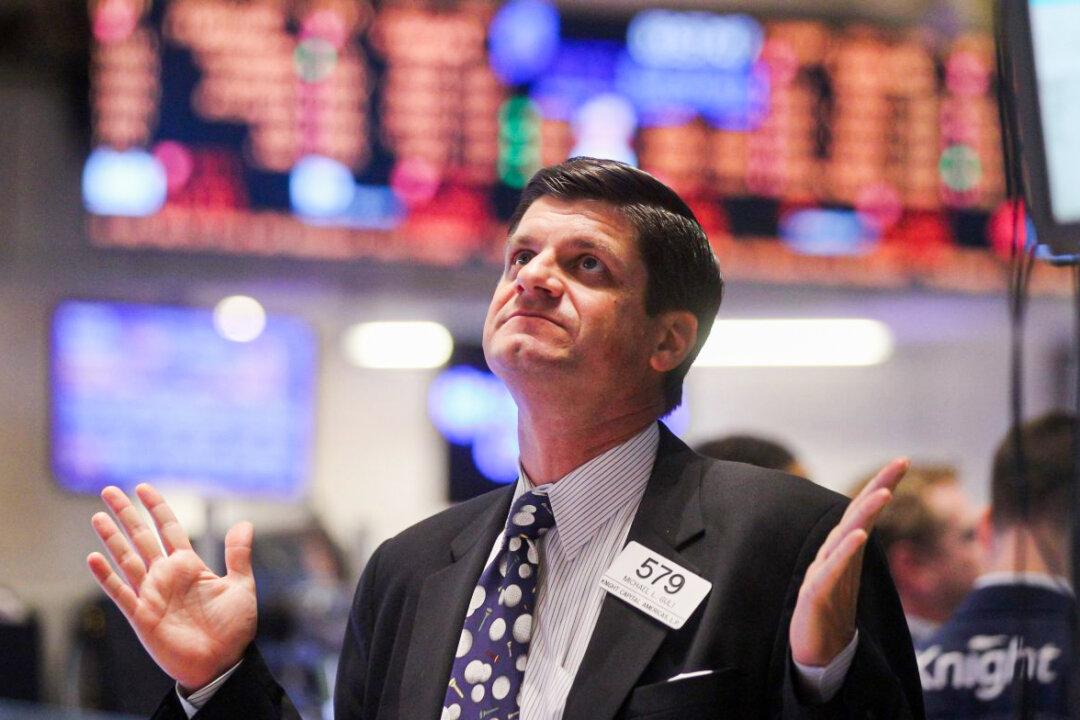Americans are increasingly pessimistic about the state of the nation’s economy, with 83 percent responding that the situation is “poor or not so good,” with blame being divided on partisan lines, according to a new Wall Street Journal-NORC poll (pdf) released on June 6.
The poll was released as the country is facing the worse inflation rate in 40 years, with consumer goods prices skyrocketing by 8.3 percent from 2021.





